By Dr. Emmanuel Monneron
As a way to celebrate “Disability Pride Month”, Breaking Code Silence wants to dedicate July’s Newsletter to all the people with disabilities and especially to the children currently held against their will in Wilderness Therapy programs, Therapeutic Boarding Schools and Residential Treatment Centers. Our thoughts also go to the Survivors of the Troubled Teen Industry who have suffered from physical and psychological abuse resulting in long-term disability. We see you and we stand with you.
The Centers of Disease Control and Prevention (CDC) give this definition of the word “disability” on their website*:
“A disability is any condition of the body or mind (impairment) that makes it more difficult for the person with the condition to do certain activities (activity limitation) and interact with the world around them (participation restrictions).
Although “people with disabilities” sometimes refers to a single population, this is actually a diverse group of people with a wide range of needs. Two people with the same type of disability can be affected in very different ways. Some disabilities may be hidden or not easy to see.”
A shorter version of this definition could be “the way a condition impacts a person’s daily life”. And while it may not be too difficult to understand how a physical condition impacts what a person can or can’t do, it’s probably different when it comes to psychological conditions. Extreme sadness, intense anxiety, panic attacks, substance craving… These emotional states and feelings are very difficult to apprehend for someone who hasn’t experienced them and that’s probably one of the reasons why mental health conditions remain stigmatized and not always properly dealt with. However, these conditions can prevent a person from getting out of their home or from interacting with people which represents huge restrictions in a person’s social life, professional career or when it comes to a person’s autonomy.
According to Bettman’s article « Who are they? A descriptive study of adolescents in Wilderness and Residential Programs » published in 2011, children sent to these programs for medical reasons suffer from oppositional defiant disorder, attention deficit with hyperactivity disorder, substance abuse, major depression disorder, anxiety disorder and/or have a history of psychological trauma. All these conditions can result in activity limitations and participation restrictions. Helping a disabled child should combine an evidence-based treatment that is going to decrease the intensity of the symptoms and some appropriate environmental adjustments to minimize the activity limitations and participation restrictions. Sadly, the behavior modification programs used in Wilderness Therapy programs and Residential Treatment Centers are the exact opposite of this approach. They are « one size fits all » and use disciplinary interventions focused on the behavior of the child instead of the causes of the symptoms and what can be done to make the child healthier.
Some scientists have expressed their concerns about the negative side effects and potential iatrogeny of these programs (Wilmshurst, 2002). In addition, hundreds of Troubled Teen Industry Survivors have testified about the way these programs have affected their mental health and their ability to live a normal and satisfying life. Some of them, who had no history of mental health issues before being sent to a Residential Treatment Center, now suffer from complex post-traumatic stress disorder, depression, anxiety, and substance abuse which are severe conditions that can result in disability.
Breaking Code Silence is dedicated to fighting against Institutional Child Abuse in the Troubled Teen Industry because
- access to proper care and evidence-based treatments has to be guaranteed to each and every vulnerable or disabled child
- no therapeutic program should cause severe mental health conditions and/or result in disability
- no company or individual should be able to profit from vulnerable youth and families
References:
– Bettmann, J. E., Lundahl, B. W., Wright, R., Jasperson, R. A., & McRoberts, C. H. (2011). Who are they? A descriptive study of adolescents in wilderness and residential programs. Residential Treatment for Children & Youth, 28(3), 192-210.
– Wilmshurst, L. A. (2002). Treatment programs for youth with emotional and behavioral disorders: An outcome study of two alternate approaches. Mental Health Services Research, 4(2), 85-96.
*https://www.cdc.gov/ncbddd/disabilityandhealth/disability.html


